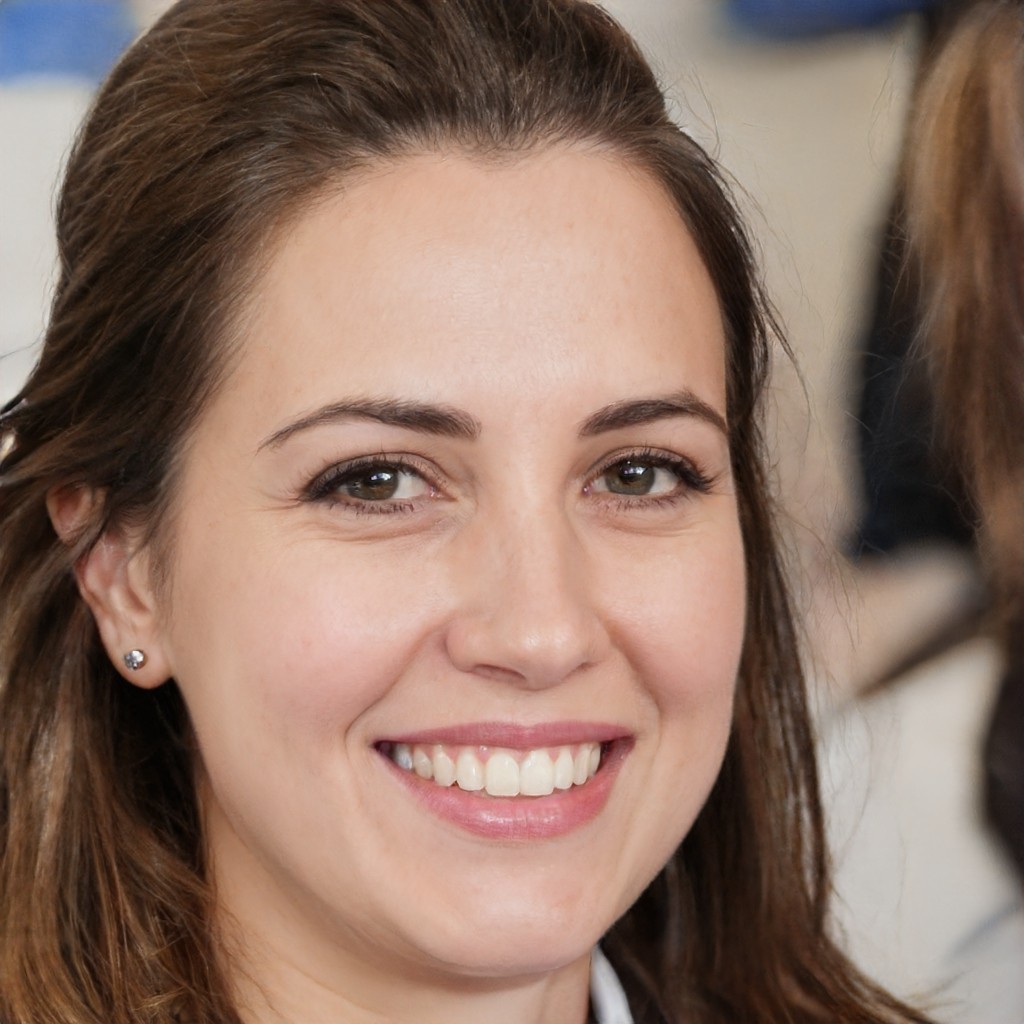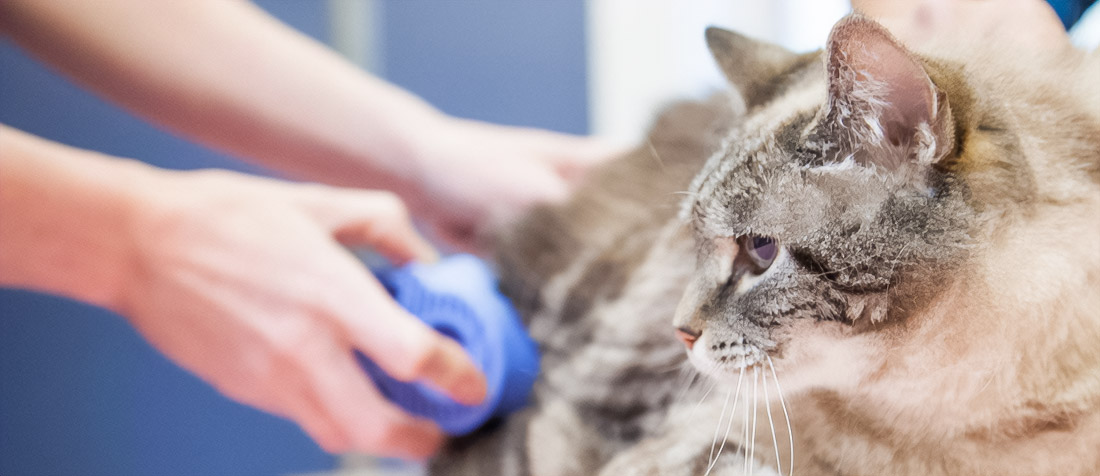Pet owners in urban environments seek more than just medical expertise; they rely on comprehensive care that prioritizes their animal’s psychological comfort. This is especially crucial in a city where constant air conditioning, extreme heat, and seasonal dust storms can cause significant stress for dogs and cats. To address this, forward-thinking Dubai Vet clinics are going beyond their walls, implementing innovative IoT solutions for the home. These systems allow owners to remotely control lighting, temperature, and sound, creating a calming and familiar environment in real-time to help their pets adapt and thrive, ensuring well-being extends from the clinic into the home.
The use of smart devices such as humidity, temperature, and light sensors can reduce animal anxiety by smoothly adjusting the environment. For example, when the temperature rises above +26 °C, the system automatically activates soft lighting with a warm spectrum and turns on moderate humidification to 50%, a point favourable for the respiratory tract of cats and dogs. As a source, we can cite statistics that comfortable humidity in a residential area should be from 40 to 60% — and this is an important factor, because dry air increases irritation of the mucous membranes and leads to increased lability of the emotional state.
Clinics that use the smart home system note a decrease in the level of anxiety in animals during visits, pets tremble less, adapt faster, and the manifestation of stress markers such as rapid breathing or the “presence of depression” pose decreases. Monitoring of heart rate and heart rate variability (HRV) is being introduced, it has been shown that an increase in HRV is associated with a lower level of anxiety, and it is precisely this effect that mild changes to the environment help achieve.
How this integration works: acoustic panels with adjustable noise levels, light models with smooth, dimmable brightness, vaporizers with essential oils (for example, chamomile, lavender), safe for pets, are installed in the room. Activation occurs according to data received from the IoT system: if the animal begins to show signs of anxiety — HRV card, posture change, trembling, the system gradually changes the conditions of care, immersing in calm modes.
It is important that this technology ensures adaptability: at night, the pet receives warmer light and faint white noise, stimulating relaxation, and during the day, a comfortable balance of temperature and humidity. The noise level is maintained at about 45 dB, lower than the average street noise, but enough to drown out harsh sounds that can frighten animals.
Dubai Vet clinics report that the implementation of such solutions allowed for a 30-40% reduction in the number of anxiety symptoms during receptions, pets met the veterinarian faster, did not hide and barked or hissed less. These data are confirmed by regular observations based on video monitoring and animal behaviour in the clinic.
Thus, the integration of a smart home system and IoT technologies is not just a fashionable innovation. This is a real way to create an environment where cats and dogs feel safe and comfortable, reducing anxiety and improving interaction with the veterinarian. And for owners who have applied to Dubai Vet, this means a more effective and peaceful treatment and care experience.

Surfer, feminist, music blogger, Saul Bass fan and front-end developer. Working at the nexus of simplicity and elegance to craft experiences that go beyond design. Concept is the foundation of everything else.
